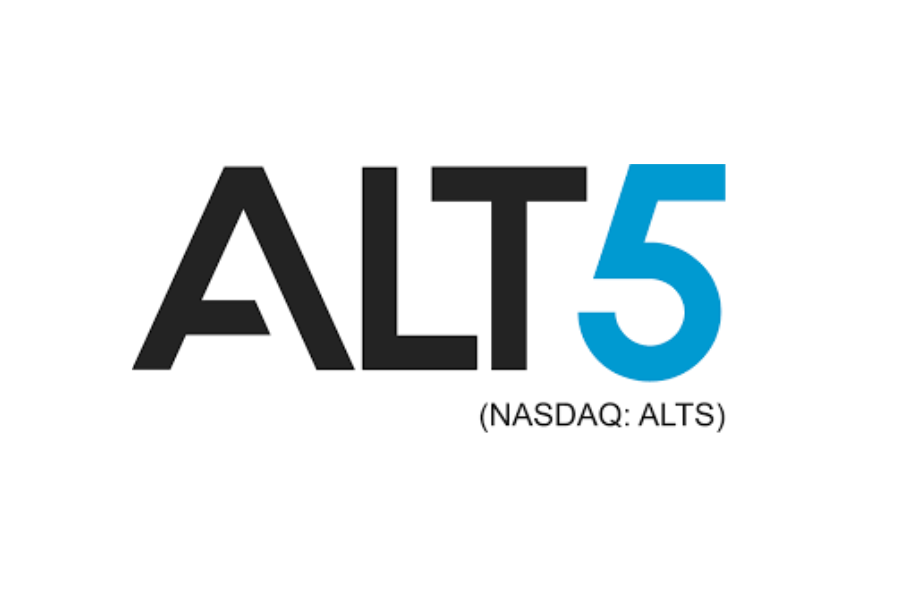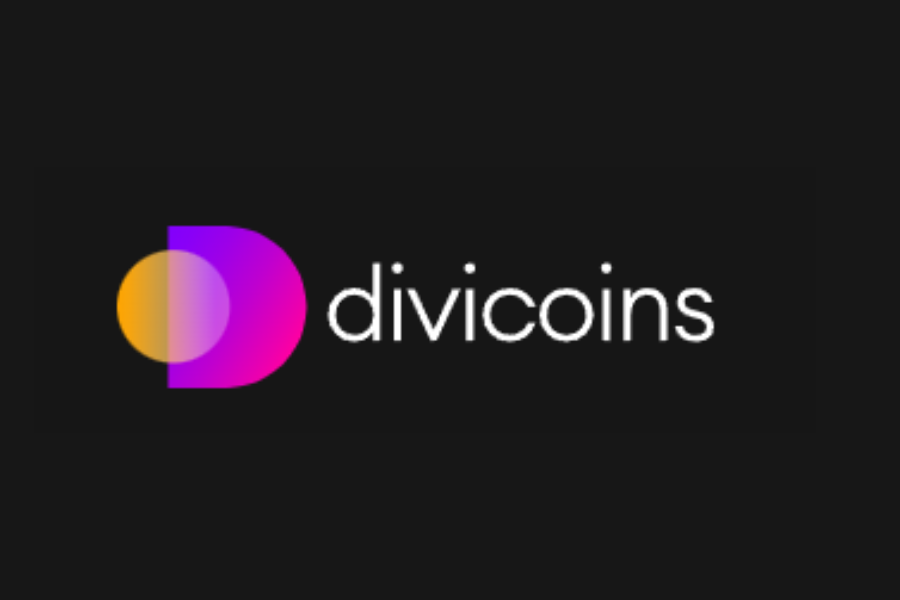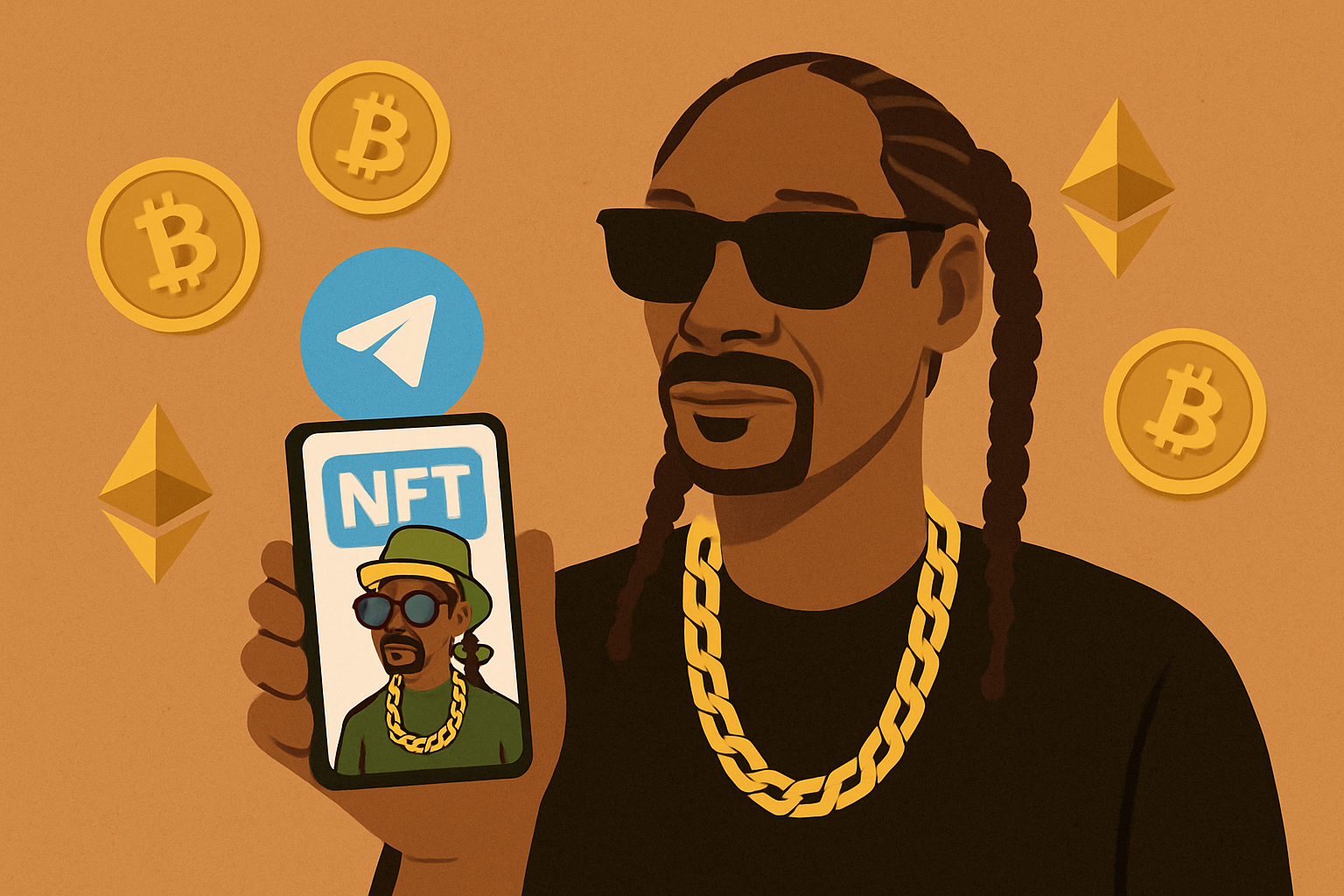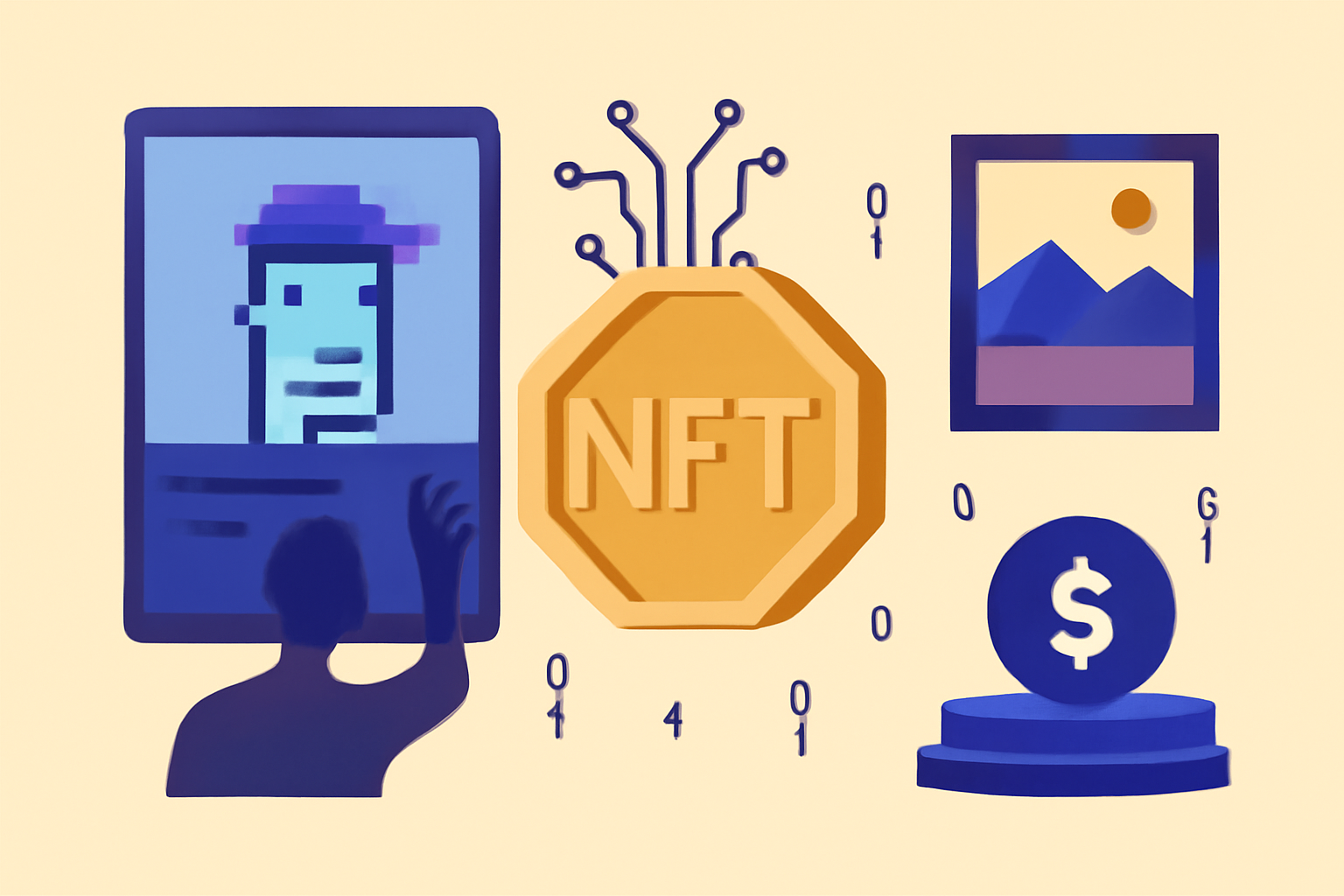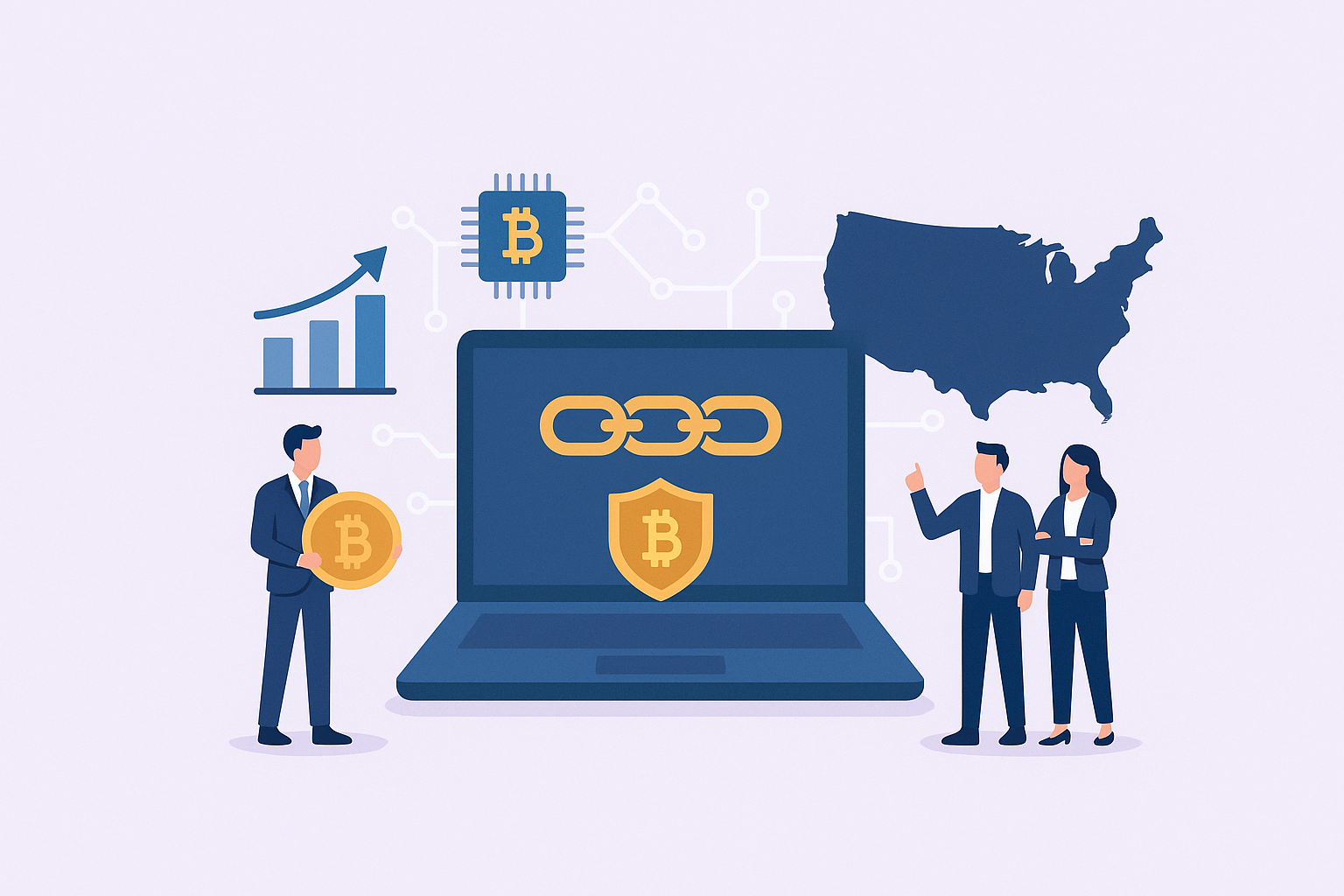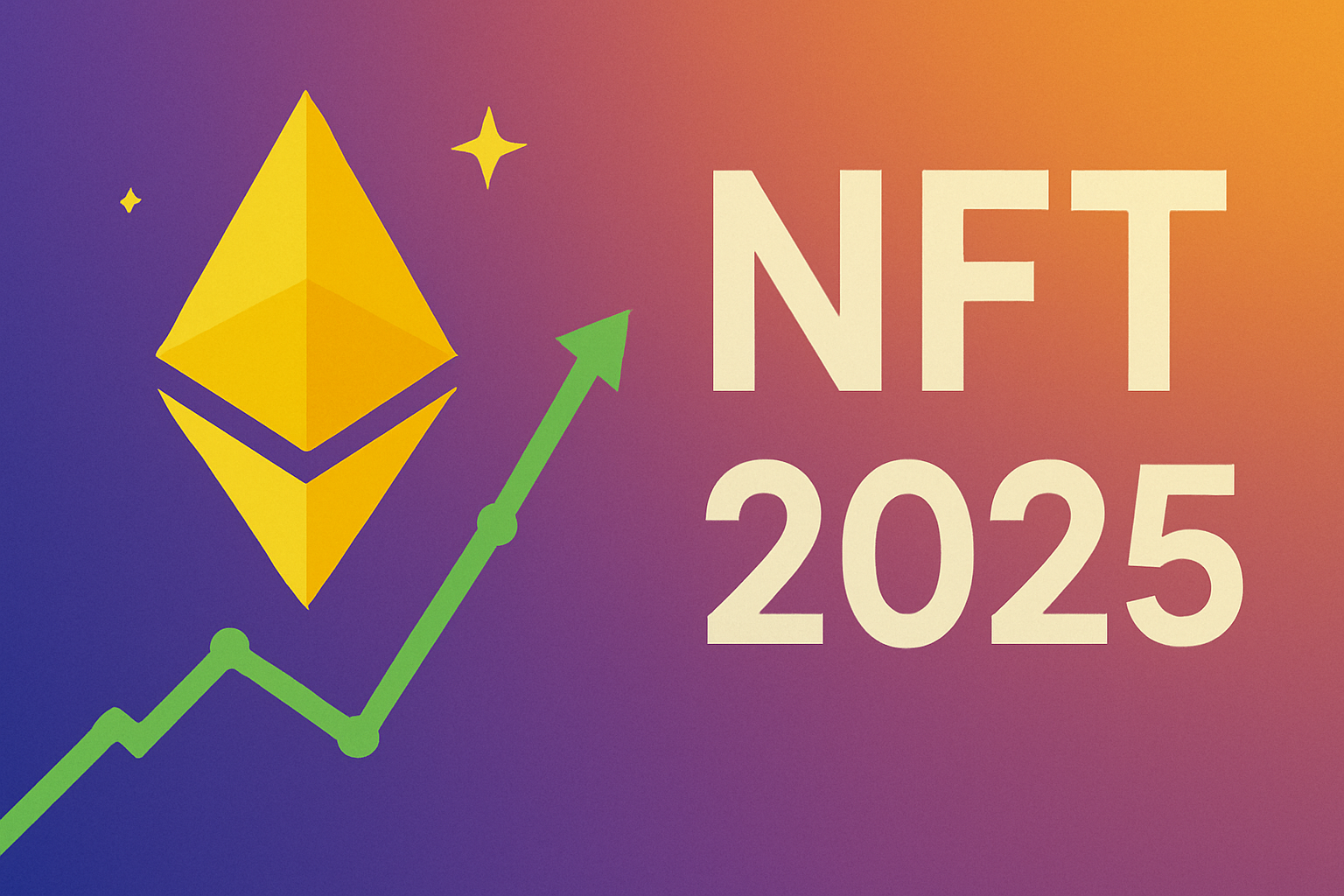Cryptocurrency
Pros and Cons of Privacy Cryptocurrencies

Since the whole idea of creating decentralized cryptocurrencies had been linked to providing people with more intimacy for their finances, a lot of attention had been concentrated on privacy tokens during the past two years. Tokens like Monero, Bitcoin Private, Dash, ZCash, or Verge, are currently some of the most popular, promising to keep user’s identity and their activities completely concealed.
Why private tokens had thrived?
All of the above-mentioned tokens have a combined market cap of several billion dollars, communicating that there are many active users and investors believing privacy cryptocurrencies are good. The main reason why this obsession with privacy had emerged has mainly to do with increasing government intervention. Over the past few decades, public institutions had tightened their grip on the economy, increasing spending, taxes, and are now interfering with the personal life of each individual.
In terms of crypto vs. fiat, it’s still hard to call whether privacy tokens will be better as compared with the money we use right now. But combined with mounting concerns about data privacy, the world of cryptocurrencies had become worried about threats to user privacy.
Monero uses ring signatures and stealth addresses, Dash uses a coinjoin anonymization strategy called PrivateSend, ZCash implements a cryptographic tool called Zero-Knowledge Proof, Verge combines the tested technology of The Onion Router (TOR) and the Invisible Internet Project (I2P), and Bitcoin Private represents a fork-merge between Bitcoin and ZClassic. What we can see is that each of the most popular private tokens provides different methods to hide financial transactions, but does privacy come with advantages only?
Increased pressure on privacy tokens
Despite providing more relief for people wanting to keep their finances private, privacy tokens had been under regulatory scrutiny during the past years, mainly because their features can foster criminal activities. Whether it is money laundering, terrorist financing, smuggling, dark web activities, or others, there are solid proofs cryptocurrencies, and especially privacy tokens had become the preferred tools for such activities.
What’s also important to note is that following the bear market of 2018, privacy tokens valuations had remained low, as compared to most of the large-cap tokens, which had managed to rebound higher several times. This means the crypto vs. stocks correlation does not apply for privacy tokens and additionally, the market trust had been diminished.
Our bottom line is that despite their success in providing privacy features, these cryptocurrencies will only be considered useful for the broad audience only after regulation will be in play. However, with regulation, it’s very likely the privacy will be reduced, and finding the right balance between regulatory compliance and privacy will be the main challenge.























